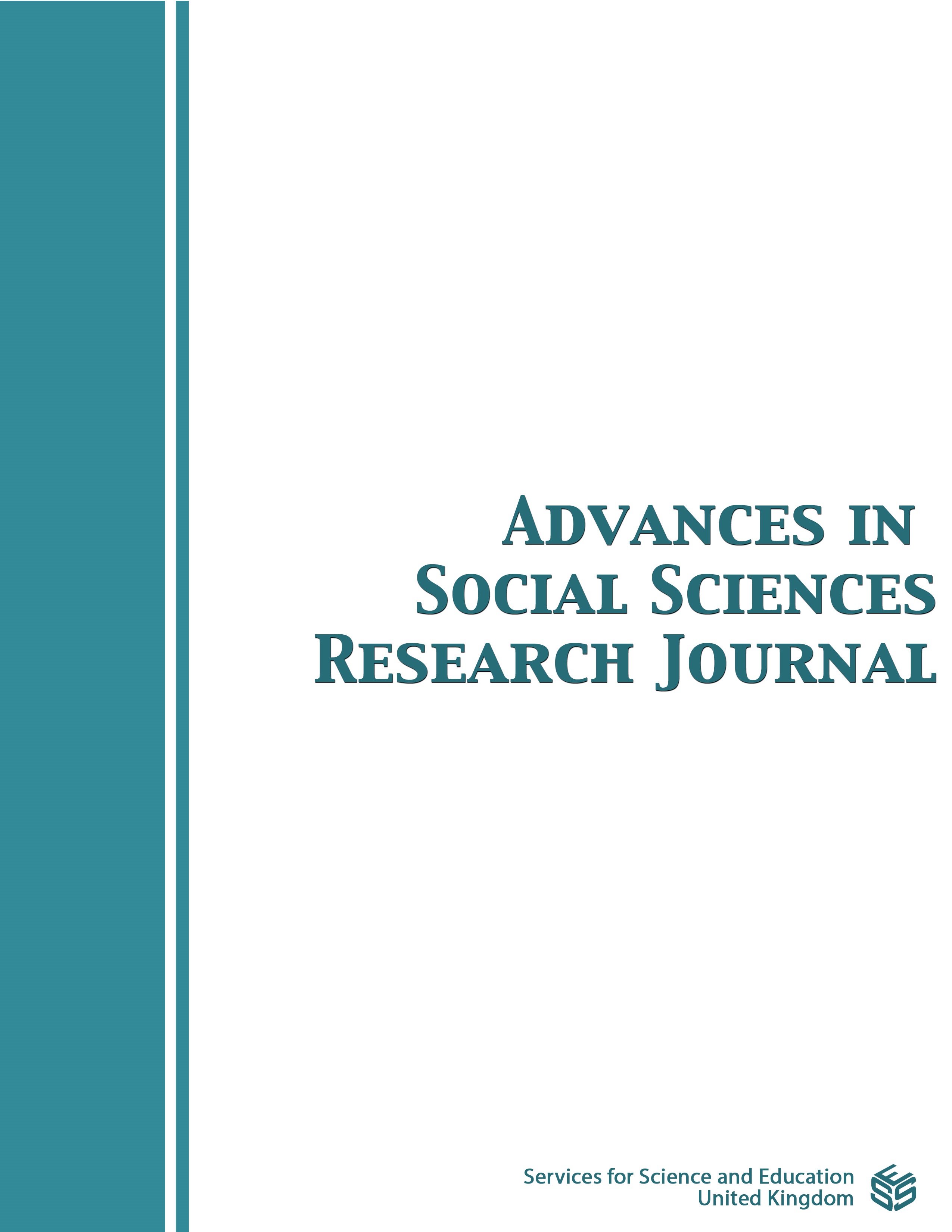Malaysian Alpha Alchemy: Crafting Education for Tomorrow’s Leaders
DOI:
https://doi.org/10.14738/assrj.119.2.17401Keywords:
Generation Alpha, Traditional education approach, Challenges, Idealistic education approach, Proposed frameworkAbstract
Generation Alpha, the term for children born in 2010 and beyond, are digital natives with exceptional skills in digital technologies. Their upbringing in interactive environments has shaped their preferences, with early and extensive use of smartphones, tablets, and smart devices. These tools enable quick and efficient access to information, leading them towards online learning and digital approaches. In contrast, with their 'talk-and-chalk' approach, traditional education methods are unengaging and outdated to these tech-savvy students. The conventional approach does not align well with Generation Alpha's interactive and digital experiences. This misalignment underscores the urgent and immediate need to rethink and redesign educational strategies to better suit their unique learning styles and preferences. This study proposes an idealistic education approach explicitly tailored for Generation Alpha, acknowledging their unique learning styles and preferences. Recognising them as the most tech-savvy and digitally empowered generation in history, developing educational methods that leverage their strengths and cater to their needs is beneficial and essential. With its integration of digital tools and interactive learning environments, this approach can significantly enhance the educational experience, making it more engaging and practical and offering hope for the future of education.
Downloads
Published
How to Cite
Issue
Section
License
Copyright (c) 2024 Musliha Musman, Salwa Muda, Nur Nariza Mod Arifin, Asma’ Rashidah Idris, Anita Che Hassan

This work is licensed under a Creative Commons Attribution 4.0 International License.
Authors wishing to include figures, tables, or text passages that have already been published elsewhere are required to obtain permission from the copyright owner(s) for both the print and online format and to include evidence that such permission has been granted when submitting their papers. Any material received without such evidence will be assumed to originate from the authors.






